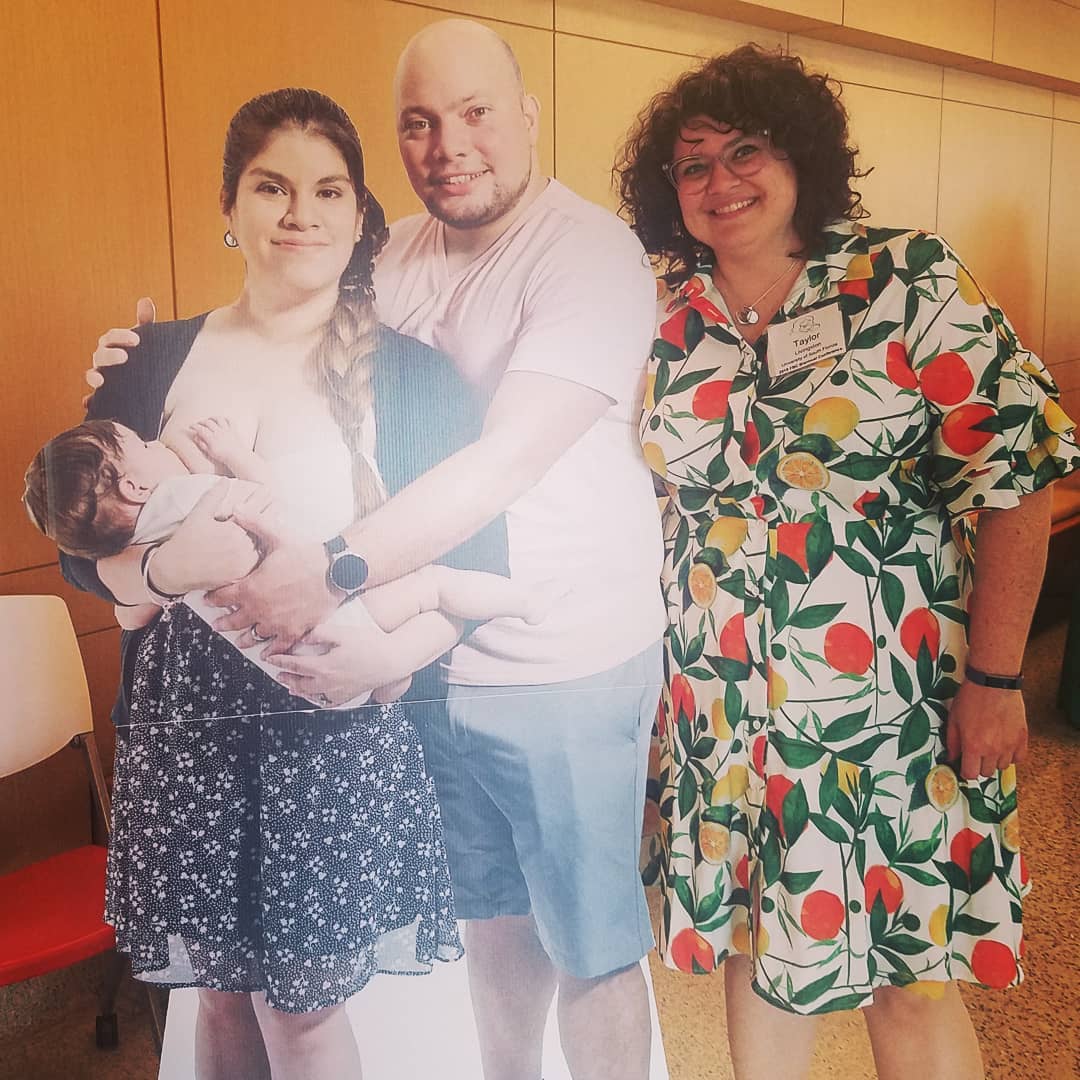
Name: Taylor Livingston
Program: Anthropology
Specialization: medical anthropology; cultural anthropology
Courses you are teaching this year:
ANTH 412/812: Family, Marriage, and Kinship; SGIS 900: Proseminar in Research and Professional Development; ANTH473/873: Ecological Anthropology
What is your favorite course to teach and why?
My favorite course to teach is "Introduction to Anthropology." I fell in love with the subject of Anthropology from taking this course as it combined all the things I love--biology, history, language, and stories--into one course. I enjoy sharing the breadth of topics anthropology covers and relating how its perspectives can help students better understand themselves and the world around them. I am also really excited to teach "Family, Marriage, and Kinship" this year to explore with students new ways of thinking about relatedness, gender roles, and what and who make a family.
How and/or why did you choose this field?
I kind of answered this above about how Anthropology combined all the things I loved into one discipline, but additionally, it opened up a new way of thinking for me. I am from nowhere South Carolina where we have more cows and chickens than people (our water tower is in the shape of an egg). I have always been curious and anthropology exposed me to new ways of thinking about how to live in the world and solve problems that inevitably arise from people living together.
My first anthropology class was like the moment in the "Wizard of Oz" when Dorothy arrives in Oz and everything is in technicolor from being in black and white.
What are you currently researching?
In addition to my PhD, I am also an international board certified lactation consultant (IBCLC), and my current work relates to that. As part of the Surgeon General's Call to Action in 2011, it recommended childcare providers support breastfeeding families. No one really knows what this means and what is effective, but states started accreditation programs for childcare centers to become "Breastfeeding Friendly." What my colleagues at the University of South Florida and I found that childcare centers know nothing about these programs for accreditation and think they are already supportive to breastfeeding families. However, childcare center staff are REALLY uncomfortable with human milk and breastfeeding at the center. My colleagues and I are continuing this work to see what breastfeeding families actually need from childcare centers to meet their breastfeeding goals.
Additionally, I have been in talks with Milkworks in Lincoln to start a local research project based on breastfeeding families here.
What are some ways students can be involved in your research?
Things are in the planning stages now and with the pandemic, participant observation is difficult, but interested students should come talk to me.
Why should students major in your field? Anthropology offers a unique perspective on the world. Developing "anthropological spectacles" through coursework allows students, as Michael Wesch says, " to see big, see small, and see everything." This means students see how their beliefs, the media the consume, and their realty is part of larger social systems. This allows students to become better critical thinkers, understand their place in the world, and understand how to effectively make change if they don't like what they are seeing. Additionally, employers always want people who can work with an understand people from different backgrounds. Anthropology challenges you to step outside of your own way of seeing and makes you more empathetic. This not only makes you a better employee, but makes you a better human.
What do you enjoy doing outside of work (hobbies, other interests)?
Well, most of my hobbies have been Covid cancelled, but I enjoy reading fiction, baking, vising museums and historic places, making wheel-thrown pottery, yoga, biking, and ballet.